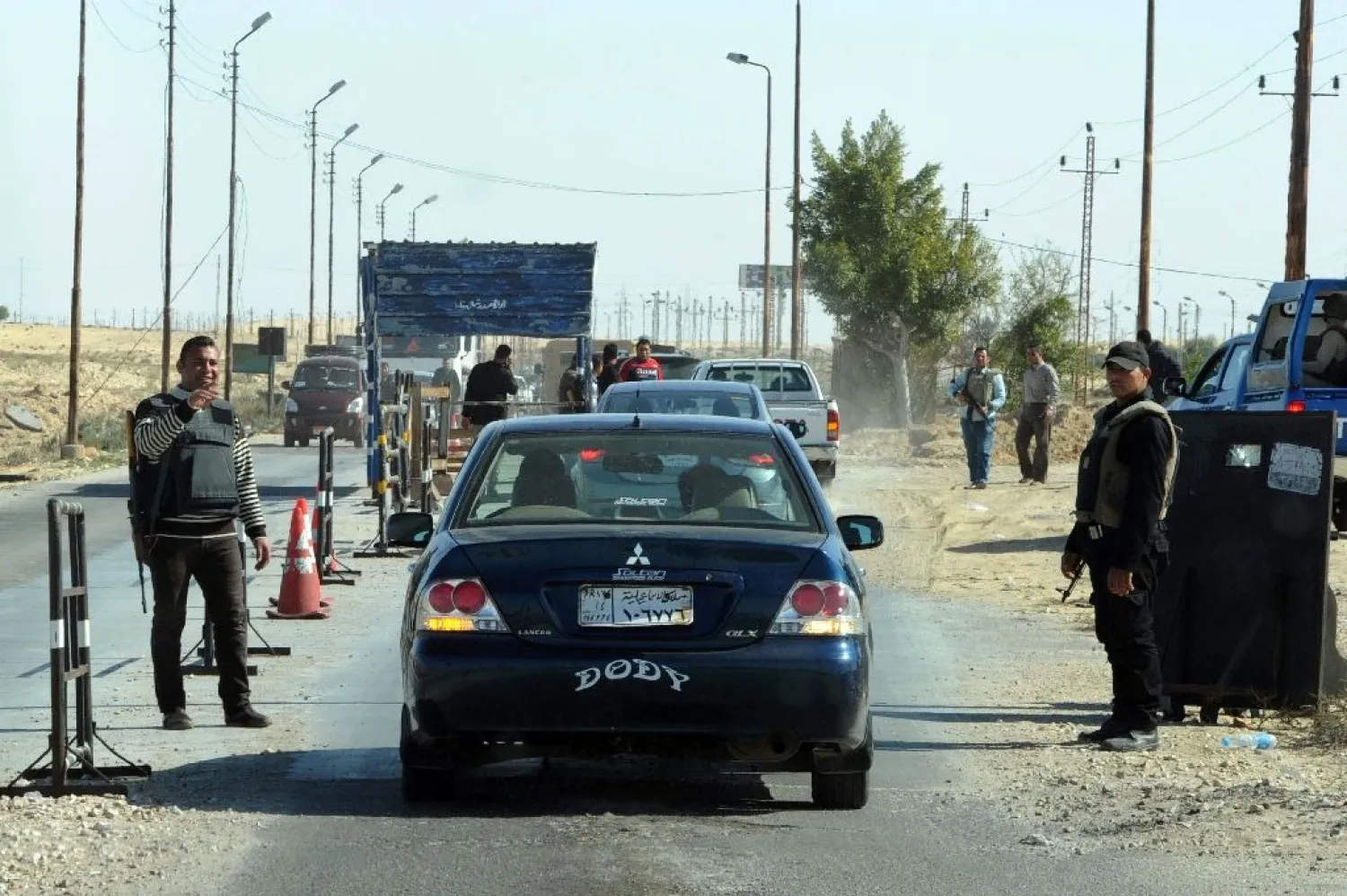A police officer and a man were killed in two separate attacks north of Sinai, while head of the Central Security Forces (CSF) survived an assassination attempt by unknown gunmen, Egyptian local and security sources said.
Head of Egypt’s CSF in the North Sinai city of al-Arish Nasser al-Husseini and other police personnel survived on Saturday an assassination attempt that targeted their security patrol.
An Improvised Explosive Device (IED) was planted on the road of the patrol near the al-Khazan district in Arish, and a large-scale sweep was launched to arrest the perpetrators.
Since 2013, when the Muslim Brotherhood-affiliated former President Mohamed Morsi was removed from power, the Egyptian army and police forces have been engaged in a low-intensity war with various militant groups, most prominently in North Sinai.
The most active militant group in the area is Ansar Bayt al-Maqdis, which in 2014 pledged allegiance to ISIS.
Local sources in north Sinai said that gunmen killed Mahmoud Salam, 38, and injured two of his children after placing an IED in his car in the city of Sheikh Zuweid.
Salam is one of the most prominent figures of a group that supports the army in its crackdown on militants in the city, according to the sources.
In Arish, medical and security sources announced that a police officer was killed by armed elements while he was walking in the street.
His corpse was transferred to Arish Public Hospital as relevant authorities started their investigation, sources pointed out, adding that the police are combing the area to search for those involved in the attack.









